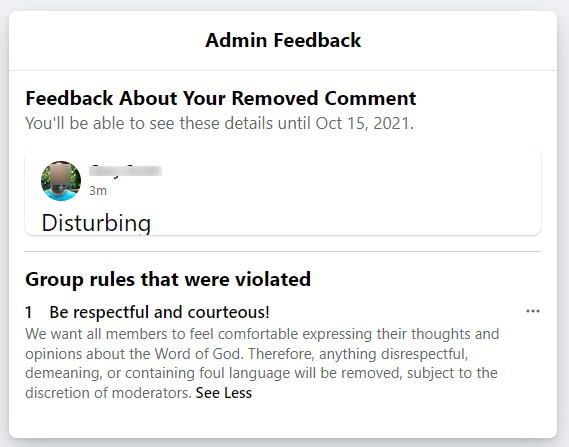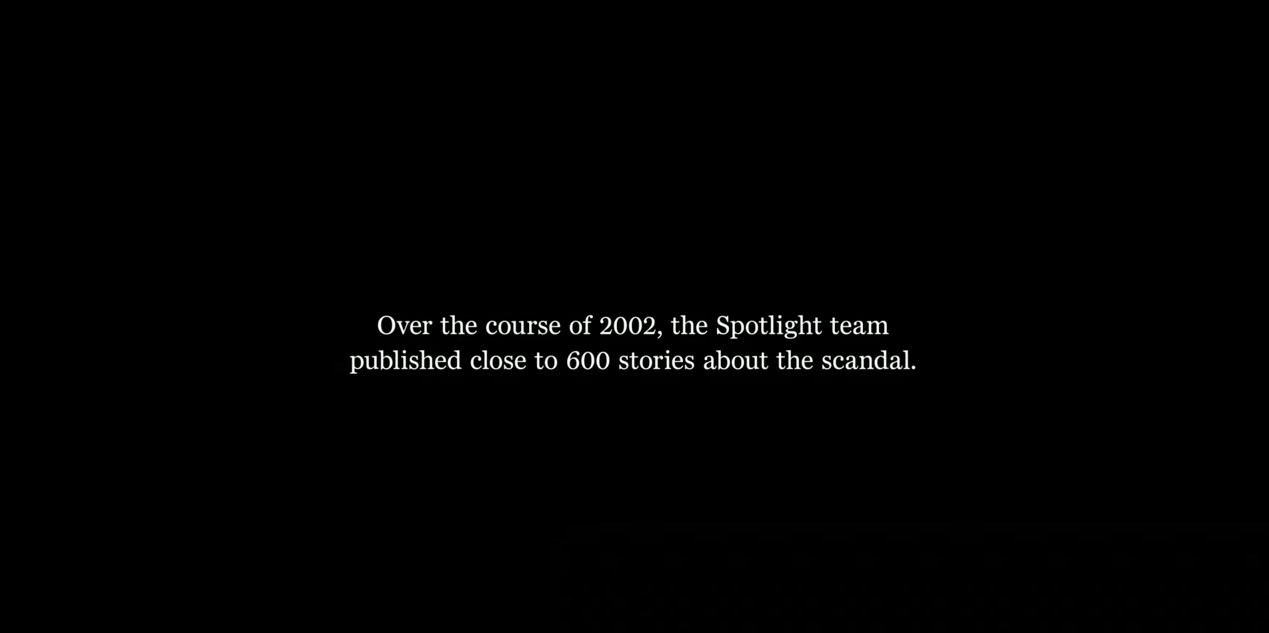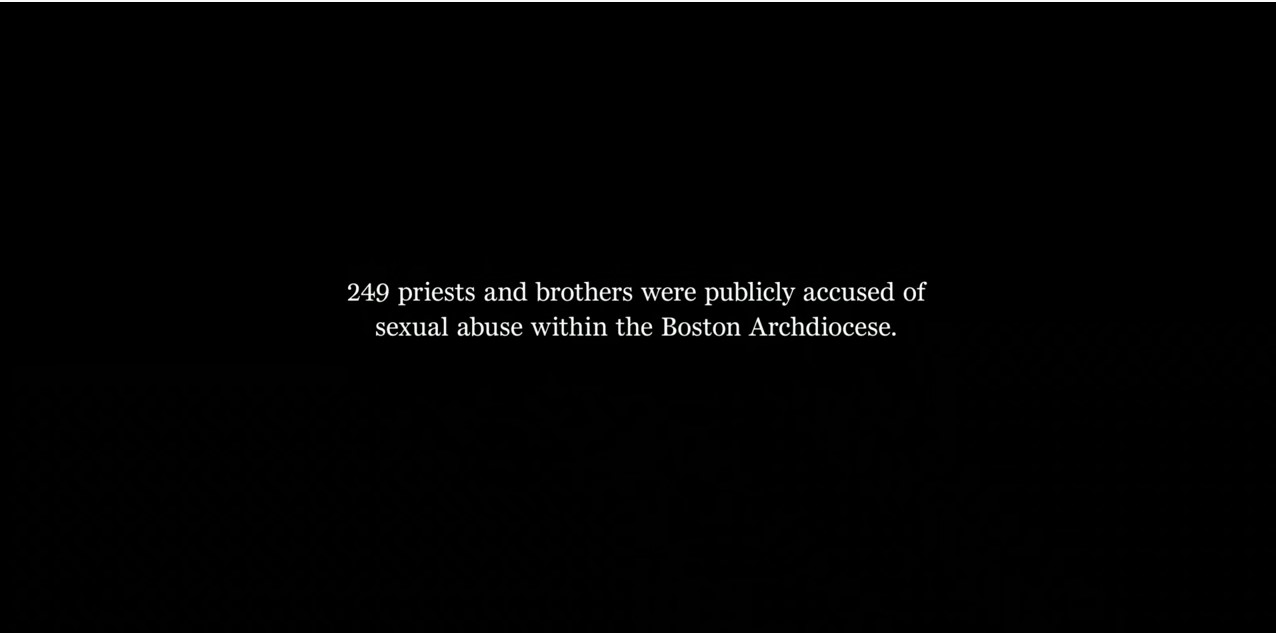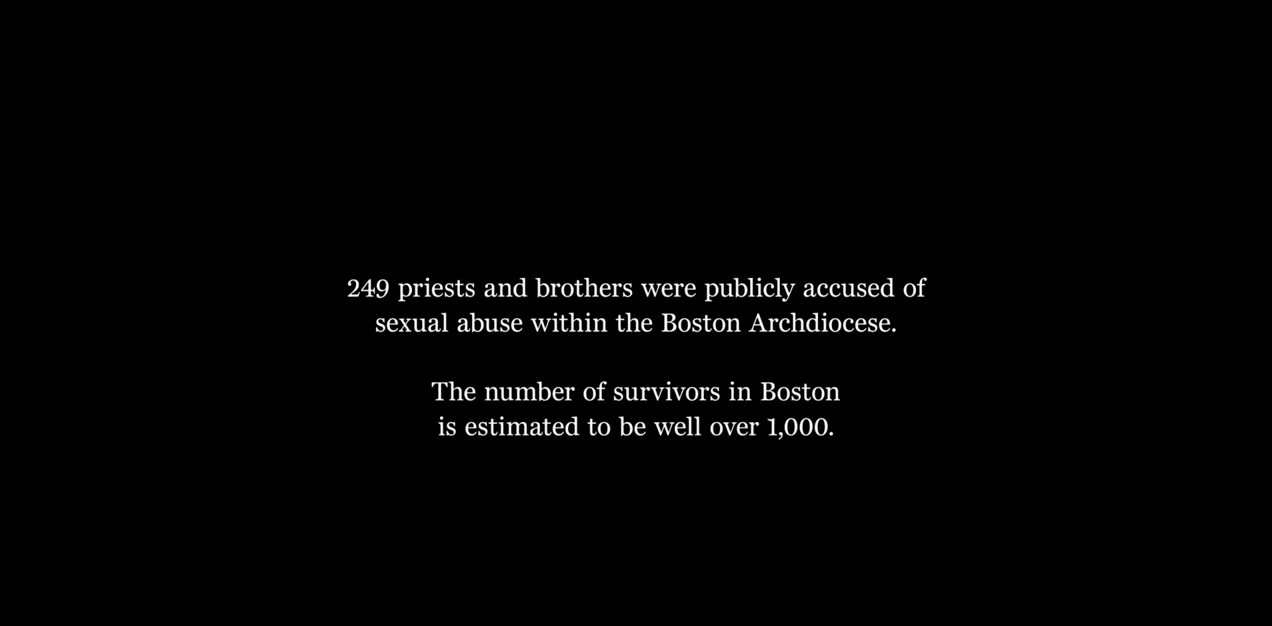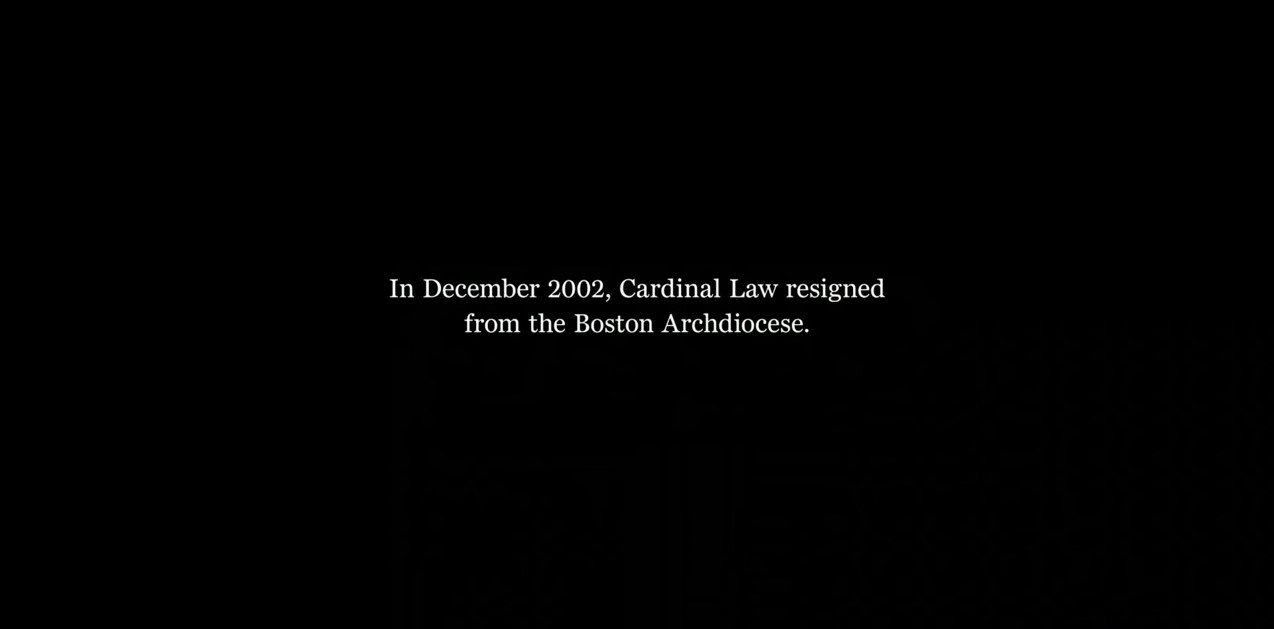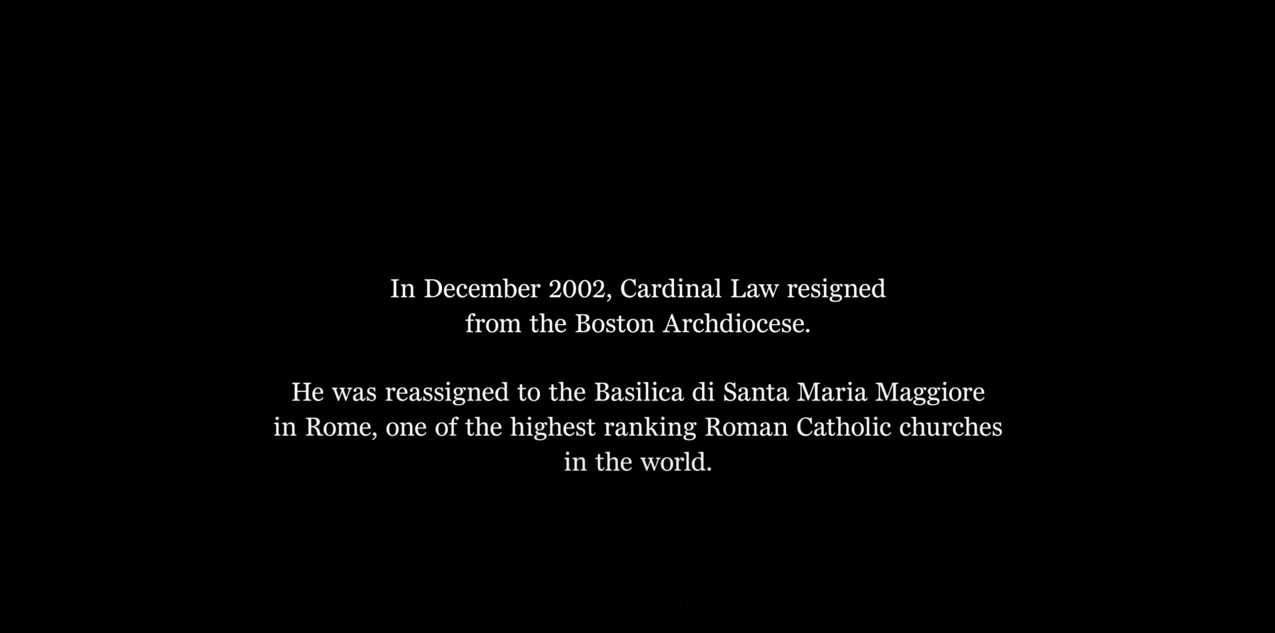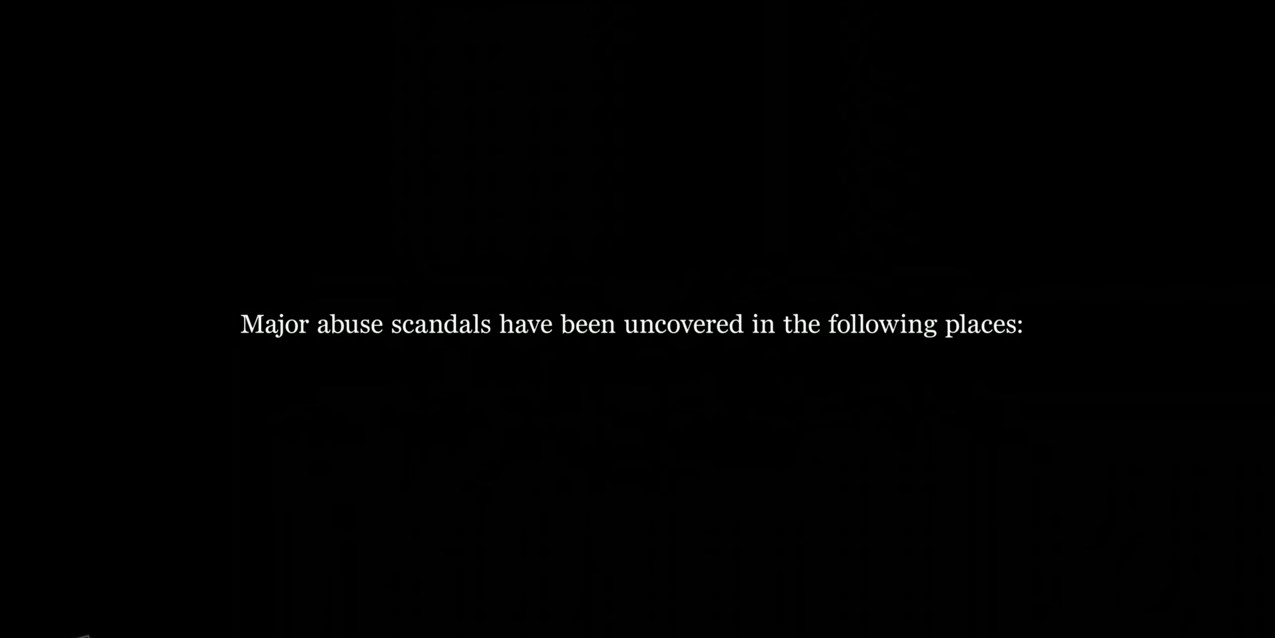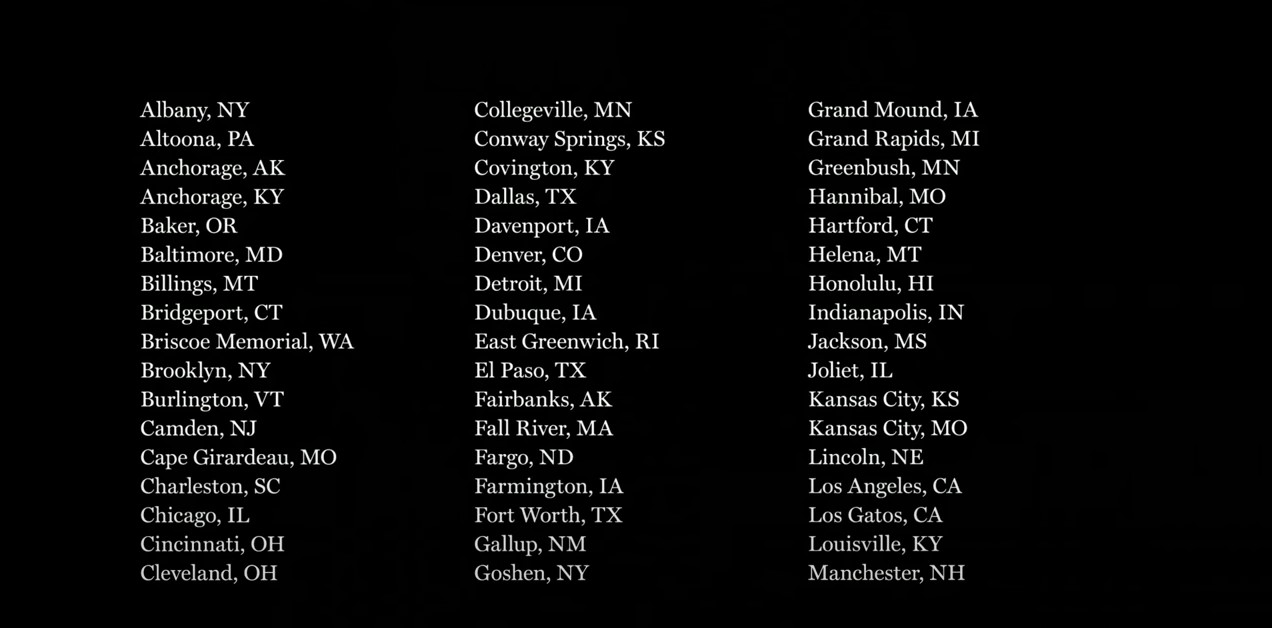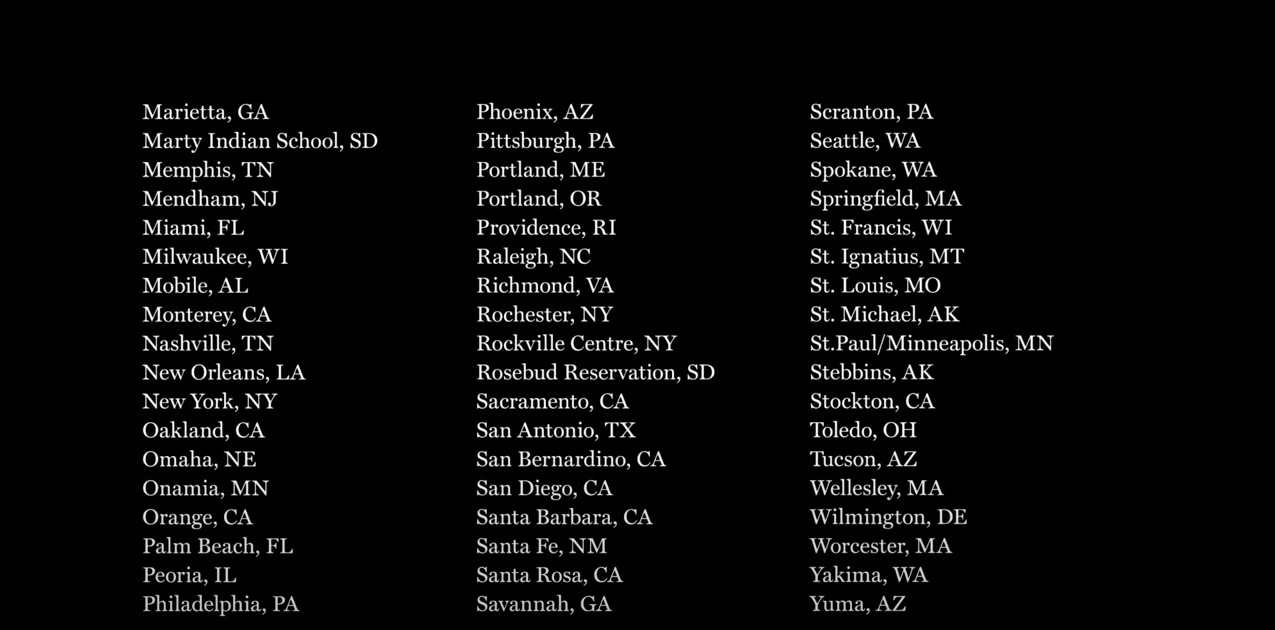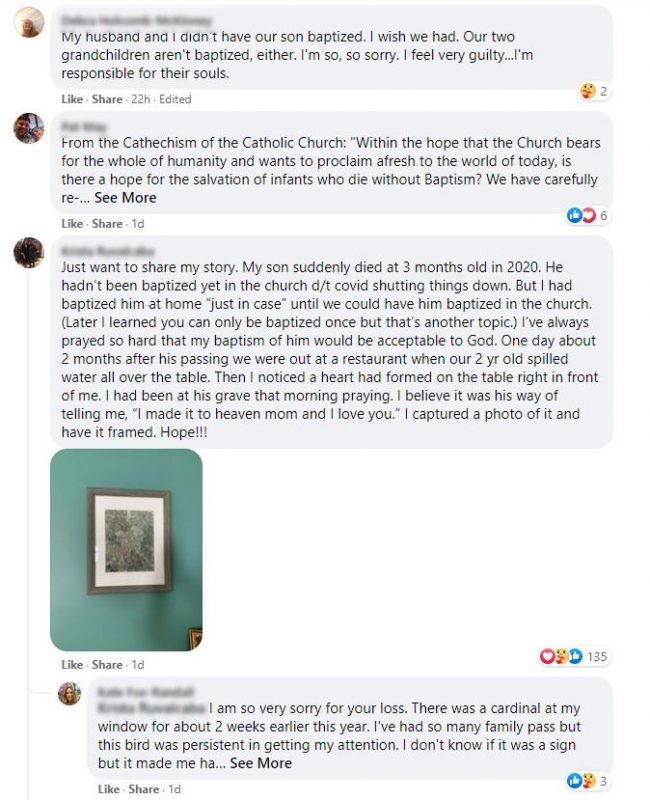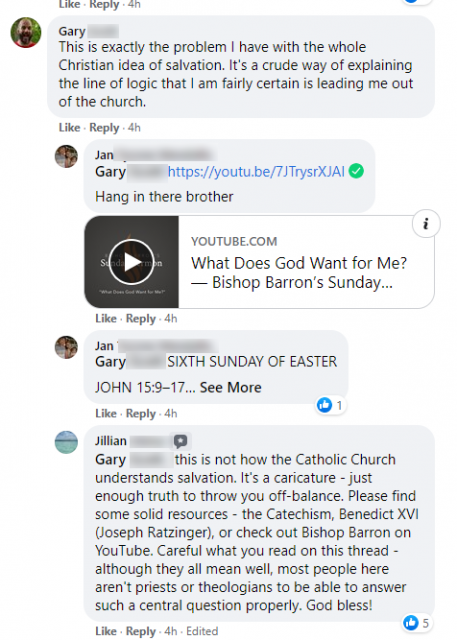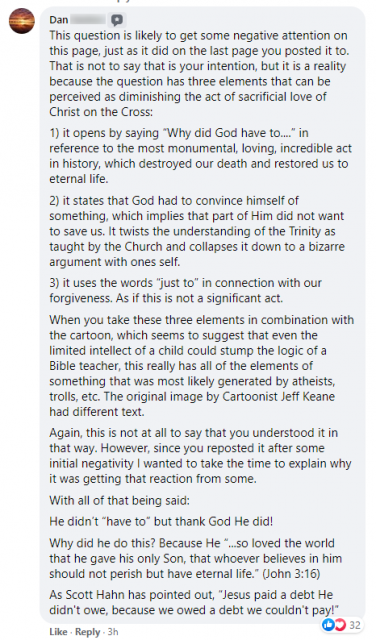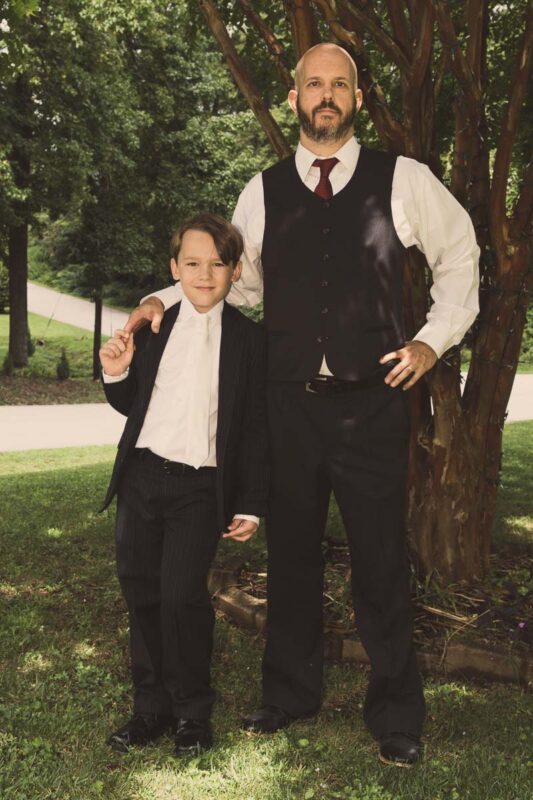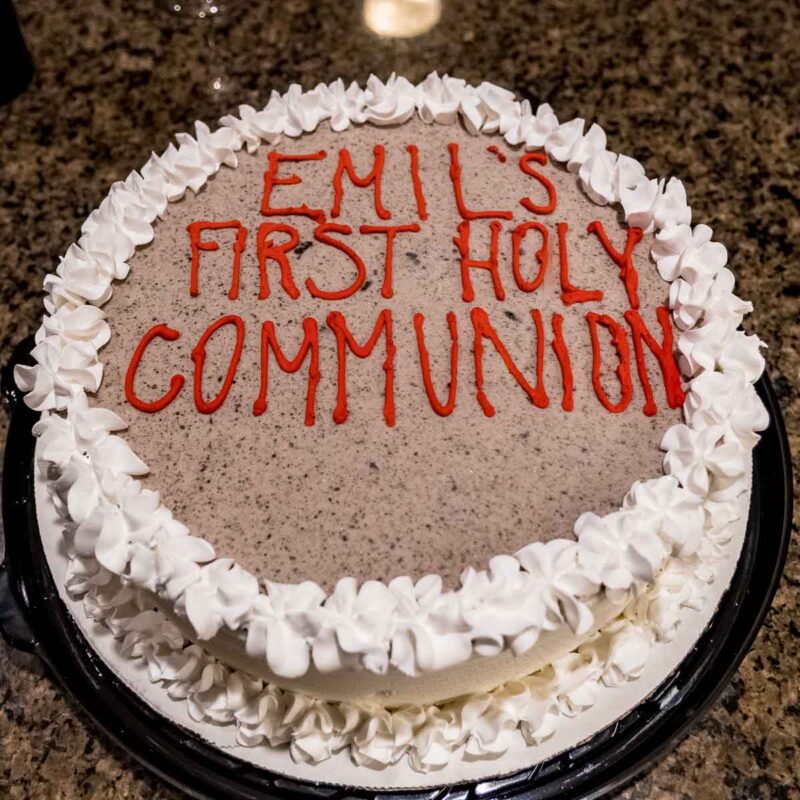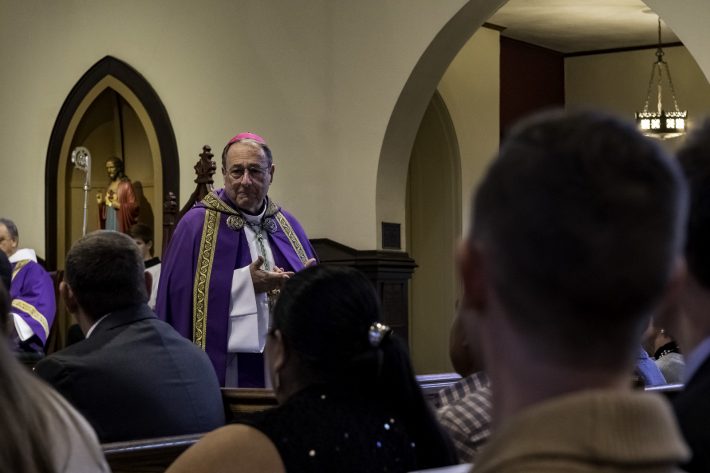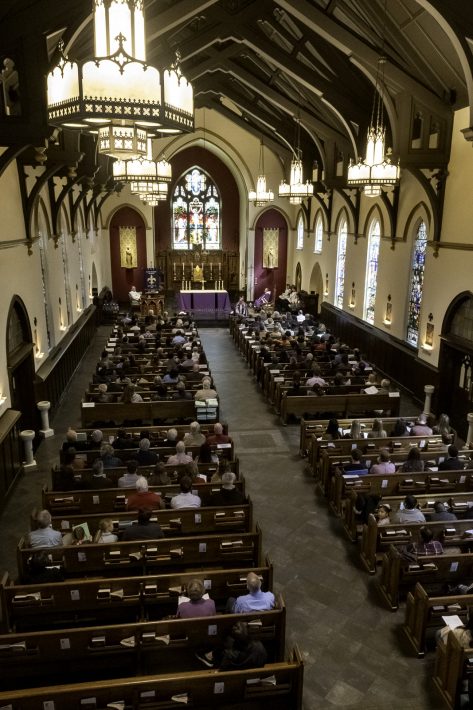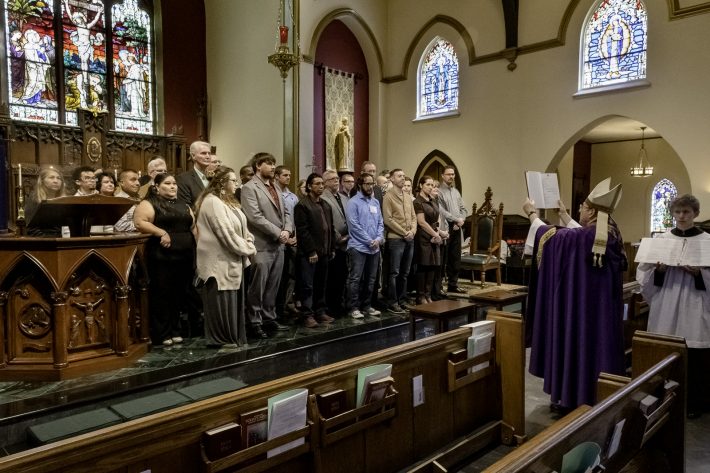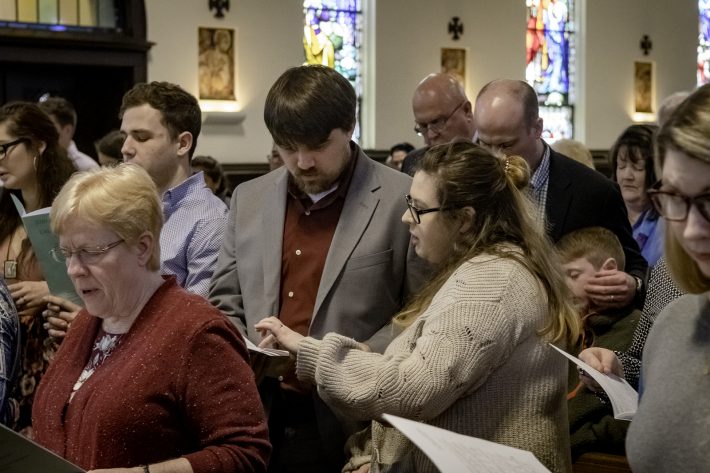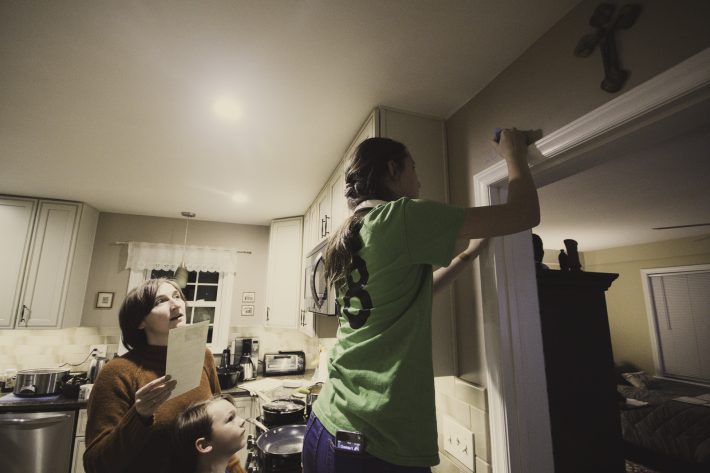On one of the Bible-in-a-Year groups that I still follow appeared the following comment:
I’ve been behind…well I actually started on day 5. So I’ve been at least 4 days behind. Today, I got caught up to day 44 and haven’t stop thinking of day 42. I have a lot of friends who are in a same sex marriage, and I just couldn’t accept the thought that my friends who love eachother so much, are sinful. I found this group to see what others thought on the subject; or really what the church’s view really was. I just can’t help but think that God truly loves us no matter who we love. No one chooses to be in a same sex marriage to go against the grain, but with the intention of love! I was really bothered by others not thinking otherwise. I mean, who are we tell other people what God will punish or not?
It’s so unusual to find members of these groups expressing their doubts and disagreements like this. Most of the groups are simply fawning over how great Jesus is, how great the Bible is, how great God is (I know — God and Jesus are supposed to be the same person, but no Christian really thinks of them as the same being in any practical way). To see someone else (someone other than me, that is) saying, “Hold on a tick — this just doesn’t seem to make sense” is fabulous. I had to show some solidarity:
Never will understand this — why is the Abrahamic God so concerned about what consenting adults do to the point that in both the OT and the Koran, believers are commanded to kill homosexuals? One of the biggest things that has pushed me toward exiting the church.
It got a couple of responses, but nothing major. One lady explained it thusly:
You know how in the OT, the objects in the Temple are holy, simply because they were consecrated to God for a specific use? So are a man and a woman holy and their relationship is holy.
When we take something SO Incredibly Holy and use it for our own selfish purposes, it causes SO MUCH Pain to God. We don’t feel our own pain, because it is in our souls, and it is hidden underneath the sweetness of our sinfulness. BTW – it isn’t just a homosexual relationship that is unholy – a heterosexual one can be just as unholy. But a homosexual relationship is sinful inside and out. It is such a deep, deep, deep devaluing of the person of the opposite sex, who has been rejected in favor of a person of the same sex.
First of all, in what sense does could an omnipotent, omniscient, eternal being feel pain? One only has to think about it for half a second to realize the absurdity of it. But this idea of causing the Christian god pain is one of the fundamental ways Christianity encourages feelings of guilt. “Jesus did so much for you, and you’re just rejecting him?!” First of all, what exactly did Jesus do? He died for a weekend. Second, why did he have to die, according to Christian theology? To pay for our sins. But who defined those sins and defined the consequences for violating those laws? He did. It reminds me of a favorite meme:
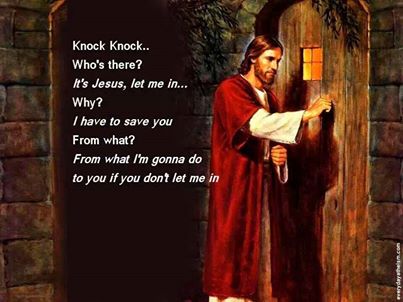
Second, the idea of it being “such a deep, deep, deep devaluing of the person of the opposite sex, who has been rejected in favor of a person of the same sex” illustrates how deep this person’s misunderstanding of human sexuality.
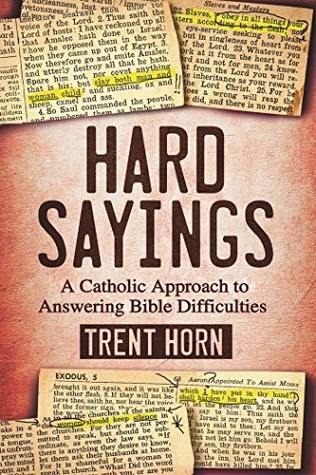 In the introduction to Hard Sayings: A Catholic Approach to Answering Bible Difficulties, Trent Horn quotes Dan Barker’s succinct point about the Bible: “An omnipotent, omniscient deity should have made his all-important message unmistakably clear to everyone, everywhere, at all times.” By this, Barker of course means that a god who is all the things the Christian god is supposed to be would send a message that couldn’t be so easily misunderstood, so easily used to justify so many conflicting ideas, as the Bible is.
In the introduction to Hard Sayings: A Catholic Approach to Answering Bible Difficulties, Trent Horn quotes Dan Barker’s succinct point about the Bible: “An omnipotent, omniscient deity should have made his all-important message unmistakably clear to everyone, everywhere, at all times.” By this, Barker of course means that a god who is all the things the Christian god is supposed to be would send a message that couldn’t be so easily misunderstood, so easily used to justify so many conflicting ideas, as the Bible is.



